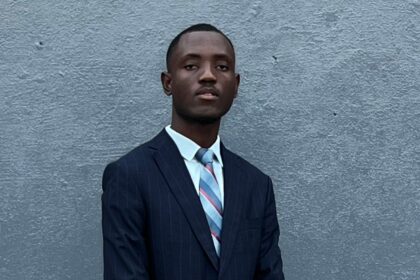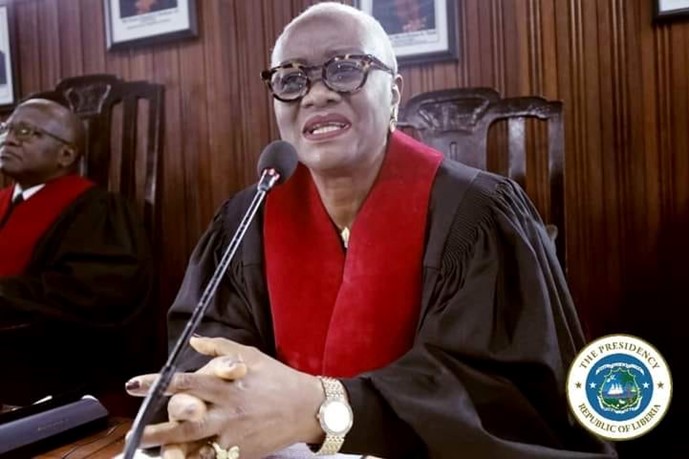For decades now, Liberia has not been able to bring the benefits of global economic attractions to its door steps. This is especially in an era of economic development, where Foreign Direct Investment (FDI) and exporting are now essential components of a local economic development strategy.
The country has over the years struggled to attract foreign investors, from identifying targeted sectors to engaging new business and doing business with foreign entities, from cultural differences to tax and financing issues.
A number of factors could be responsible for this. When the story of the end of war and complete restart of statehood of Liberia is told, ArcelorMittal stands out tall among all others.
Despite her infrastructural and national security challenges, AML opted to invest in Liberia, and since 2005 spent a little over US$1.7 billion on its Liberian operation.
The global steel company has not just created good-paying jobs for about four thousand Liberians; it has continuously invested in community development, health and education.
The company has paid more than US$45 million in social development contributions to Grand Bassa, Nimba and Bong counties alone, excluding its annual payment of millions in ventral government’s accounts in taxes and royalties in good and bad times.
While the global COVID-19 pandemic has destroyed jobs worldwide and has further undermined the attainment of sustainable development goals aimed at reducing poverty and least developed countries like Liberia, AML has never shut its doors. It has continued to stand with and by Liberia.
Nonetheless, its FDI remains an important source of external finance for key projects like the construction of the Ganta-Yekepa road, fully funded by AML, as a key piece of public infrastructure for sustainable development and eventual regional economic growth.
Despite the presence of other mining concessions in Liberia, AML’s operation in the extractive sector remains the top performer in government revenue generation, pointing to Liberia’s continued dependence on the extractive sector and on natural resource-driven FDI.
However, while a few may not come to appreciate the role AML has continued to play, the company’s record stands to speak for her.
When the US State Department’s “2022 Investment Climate Statements” report for Liberia referenced that “growth will be driven mainly by the mining sector…”, it was making reference to ArcelorMittal’s plan to increase its investment.
As reported earlier, the company has commenced its Phase II to further reaffirm its commitment and long-term investment plan in Liberia with a focus of additional jobs provision.
This expansion will see an additional investment of US$200 million to expand the capacity of the railway and the port of Buchanan to enable increased transportation and shipment of ore.
In real context, AML’s contribution to Liberia’s development goes beyond the regular as the company has not waivered on achieving social and economic development, thanks to its ability to consistently meet the development challenges facing not just the affected communities, while aligning with key national actors and to lift more Liberians out of poverty.
It is on the government to use development expertise in partnership with ArcelorMittal, because AML has proposed a broad, long-term investment vision to tackle key development challenges facing the country, including education, building lasting communities, supporting financial freedom, promoting healthy environments and enhancing small business competitiveness.
ArcelorMittal’s model of social and economic development is ideally suited to support national development objectives, and is a proved, results-driven model that rests upon responsible business activities, coupled with a deep understanding of how to engage and motivate communities to improve their lives.







